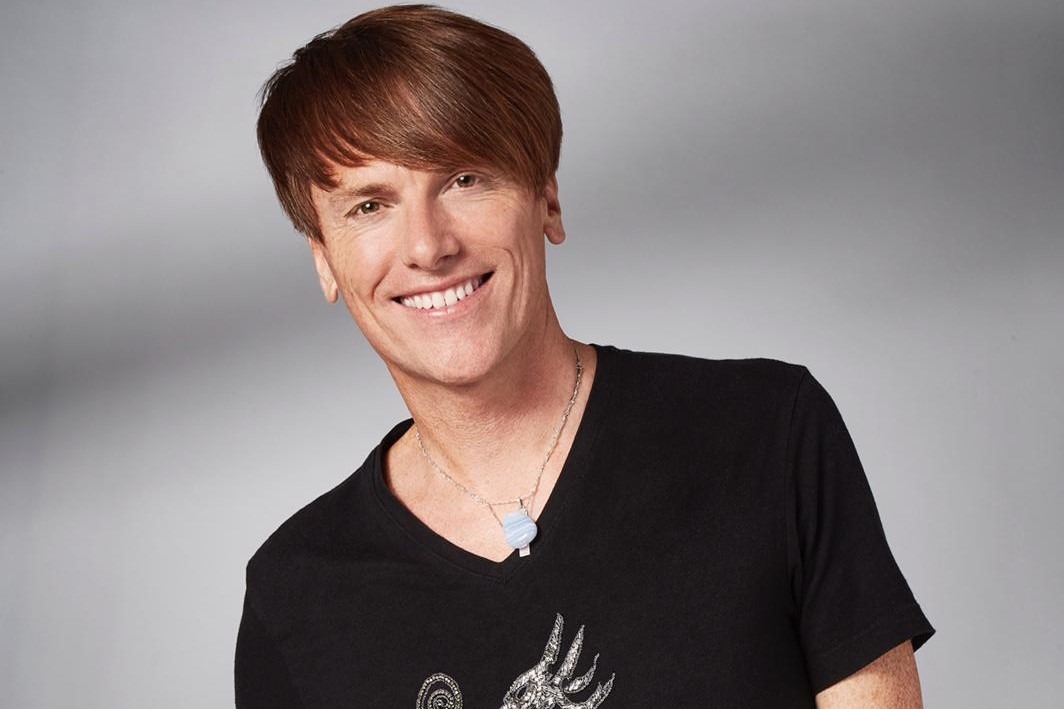With lounge and activewear moved to the forefront of retail in the last year, formalwear was not just relegated to the back, but asked to wait in the changing room. Preferably, behind the curtain, where no one could see it. For the king of occasion wear, Don O’Neill, this meant production halted on his much celebrated, New York-based brand Theia Couture. He didn’t know it then, but worse was to come. The Irish designer first won the attention of celebrities, buyers, editors and consumers alike in his role as creative director of Badgley Mischka diffusion label. They were the golden…
Cancel at any time. Are you already a member? Log in here.
Want to read the full story?
Unlock this article – and everything else on The Currency – with an annual membership and receive a free Samsonite Upscape suitcase, retailing at €235, delivered to your door.

